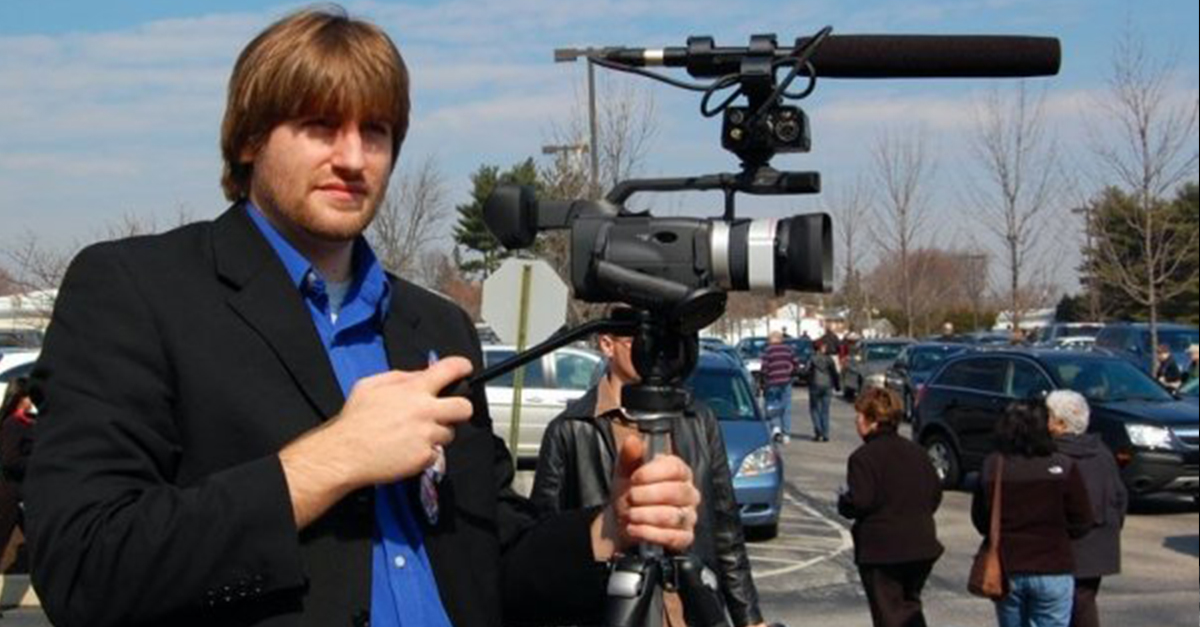
According to the National Institute of Mental Health, 1.1% of the US adult population suffers from schizophrenia. This small percentage represents a tiny fraction of Americans. Now in case you were thinking that 1.1% is not a lot, it should be noted that this means that approximately 2.4 million American adults suffer from schizophrenia. Compared to the overall population of America, 2.4 million people is not a large number but we know that 2.4 million people is a lot of people. Of course, most people will not be emotionally moved knowing abstract numbers about 1.1% of the population but if you share the true story of Nathaniel Ayers (the basis of the film The Soloist), a talented musician who attended the prestigious Juilliard school before ending up homeless and on the streets due to his struggles with schizophrenia, people will respond with genuine empathy. In other words, we as humans are more likely to respond with feeling to the experiences of others, than to statistical data.
As the above example shows, while statistical data has its place, our emphasis must always be on the people themselves. When it comes to social justice, defined as right relationships, it is important to remember that their are people behind the policies and also people affected by the policies. It is dangerous to talk about the “1.1%” and forget that we’re actually talking about people like Nathaniel Ayers. In the political arena, it is important to remember that politicians are people too and inherent to being human, they are prone to error; most of our elected representatives do strive to do what they think is best for the people.
How parents talk about their elected officials matters. It is important for parents to show respect even if they don’t like or agree with the political views and policies of an elected official. Don’t just complain; take action. A simple conversation with an elected official can prompt him or her to take action on your behalf or change opinions regarding policies. Treating people nicely and with respect can get more accomplished than multiple protests. Show your kids by your actions how to engage with people you disagree with and remind them that politicians are people too.
The need for empathy is real and it is undeniable. When we, either as an individual or as a society, lack the ability to empathize, we risk vulnerability to the kinds of atrocities that took place under Nazism.
We would do well to remember the insight of Martin Niemöller:
First they came for the Socialists, and I did not speak out –
Because I was not a Socialist.Then they came for the Trade Unionists, and I did not speak out –
Because I was not a Trade Unionist.Then they came for the Jews, and I did not speak out –
Because I was not a Jew.Then they came for me – and there was no one left to speak for me.
With the great amount of information and issues in the world today, it is often difficult to stay centered and consistent. Even in this post, we went from a serious mental health issue to treating politicians with respect to Hitler, thereby involving “Godwin’s Law”. Keeping a person’s humanity in perspective helps us keep centered as we wade through serious discussions.
The term ‘social justice’ is a buzzword in many circles and yet it often seems the case that the emphasis is on the latter word which can be abstract and theoretical rather than the former which indicates human relationships. Empathy is simply a way of remembering what it means to be human. Social justice is about embracing humanity and defending those who are weak and vulnerable. Social justice is a song, an anthem, and each individual voice is important in proclaiming that song. Your voice matters; speak up and speak out on behalf of the people all around you. Remember, it’s not just about statistics; it’s about real people as well.
Part four of a four part series on social justice.
Part 1 – Social Justice: Righting an Injustice
Part 2 – Open Their Eyes
Part 3 – Volunteer, Give, Advocate
Part 4 – People, Policies, and Your Voice




Leave a Reply